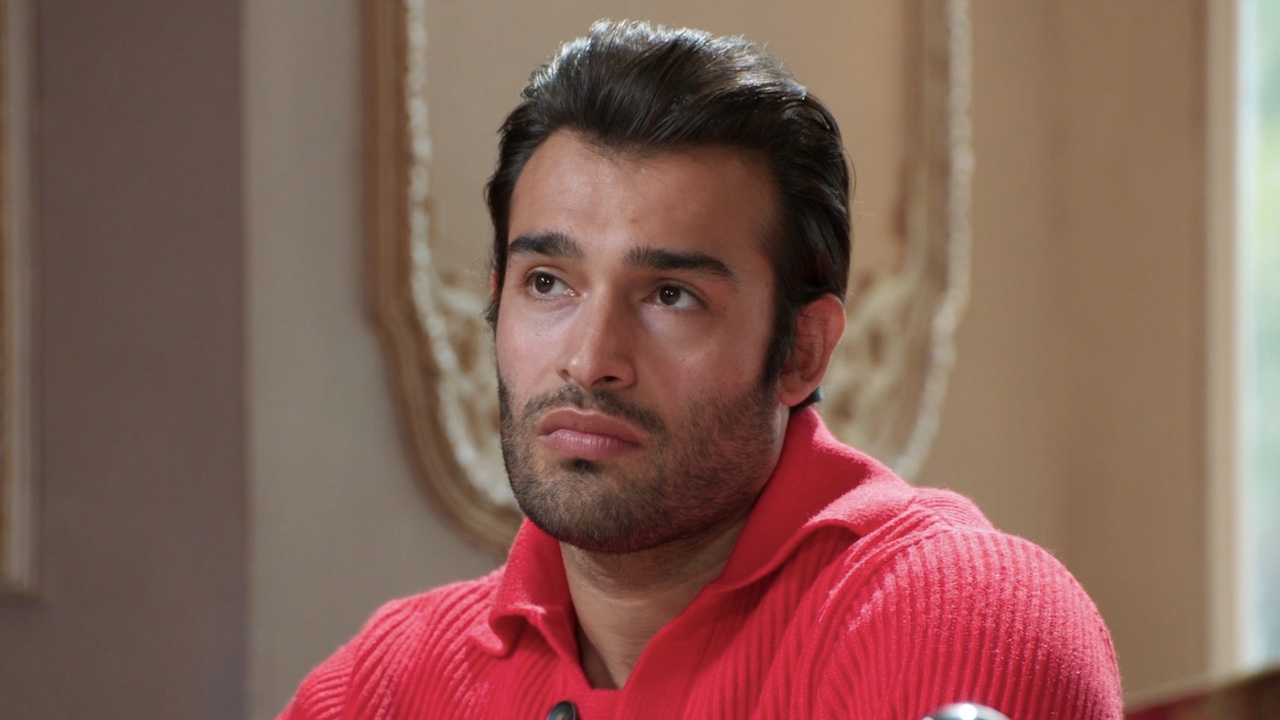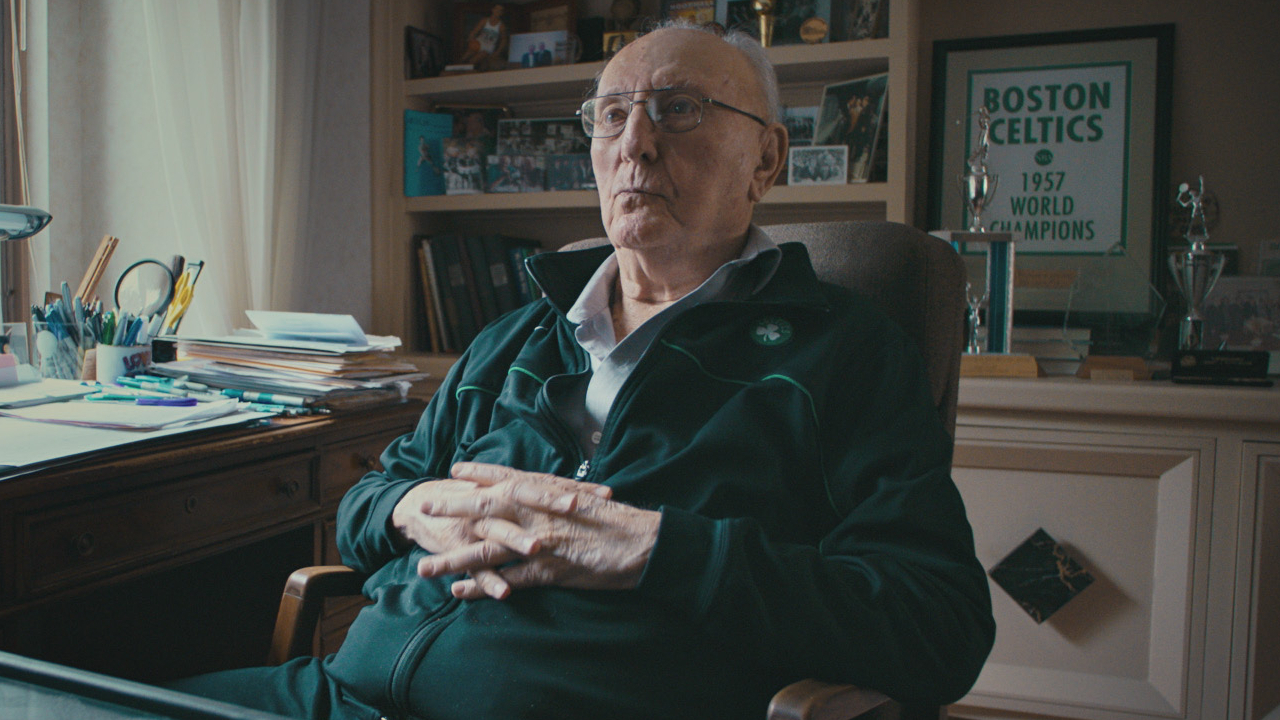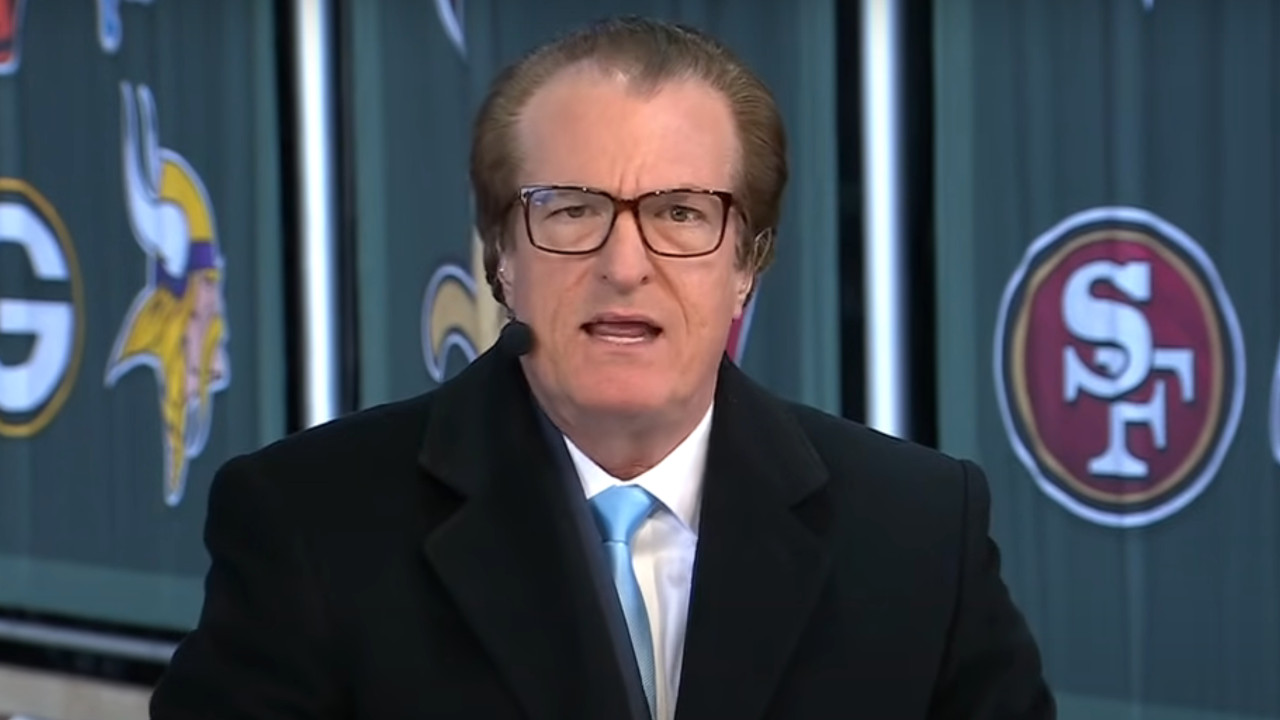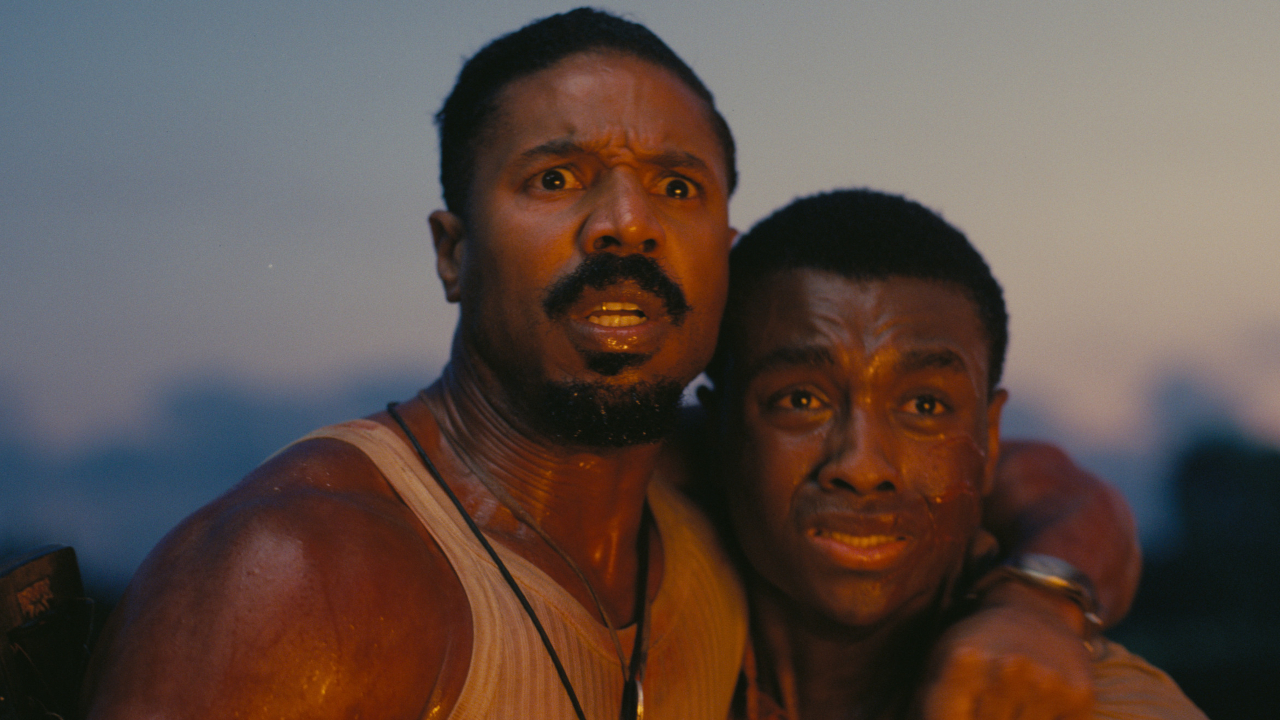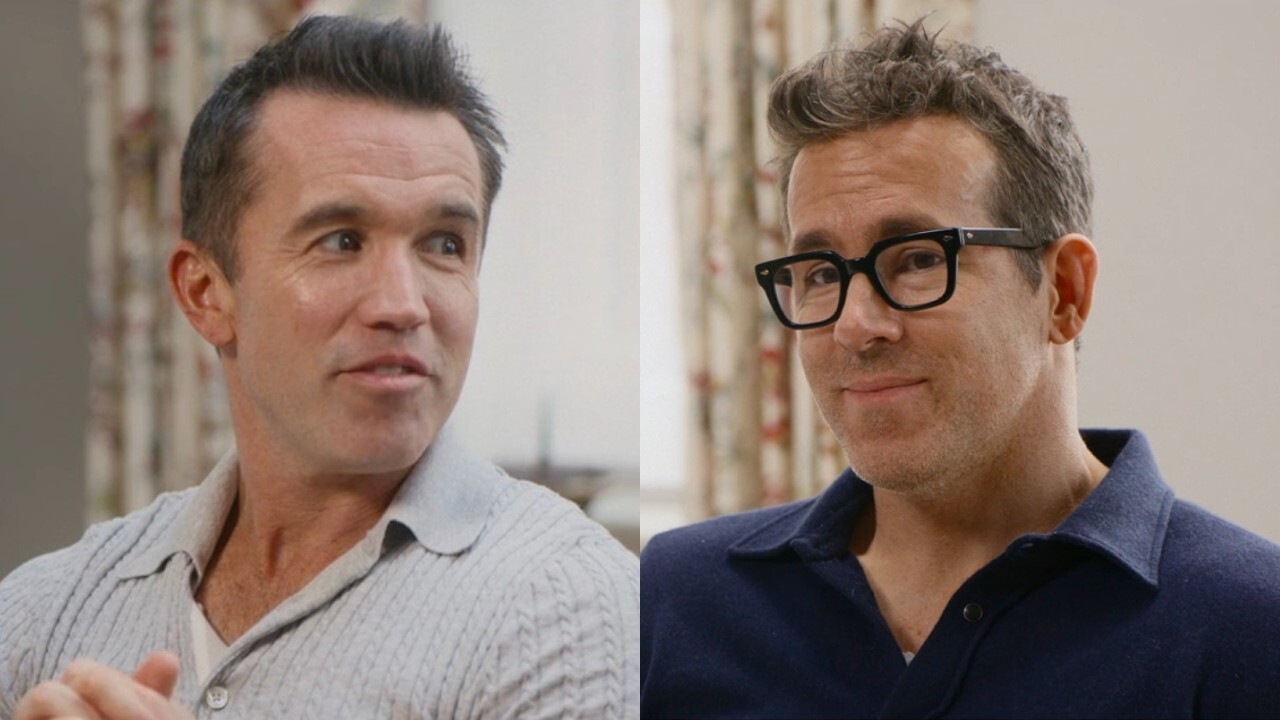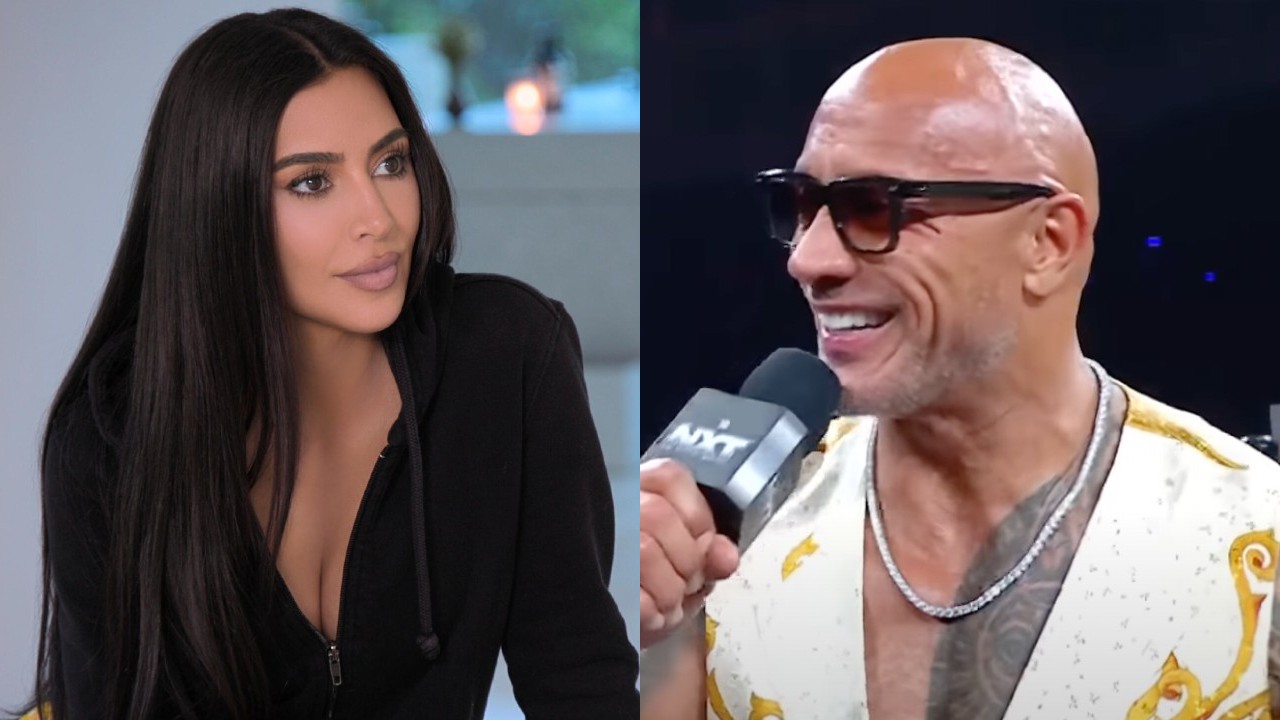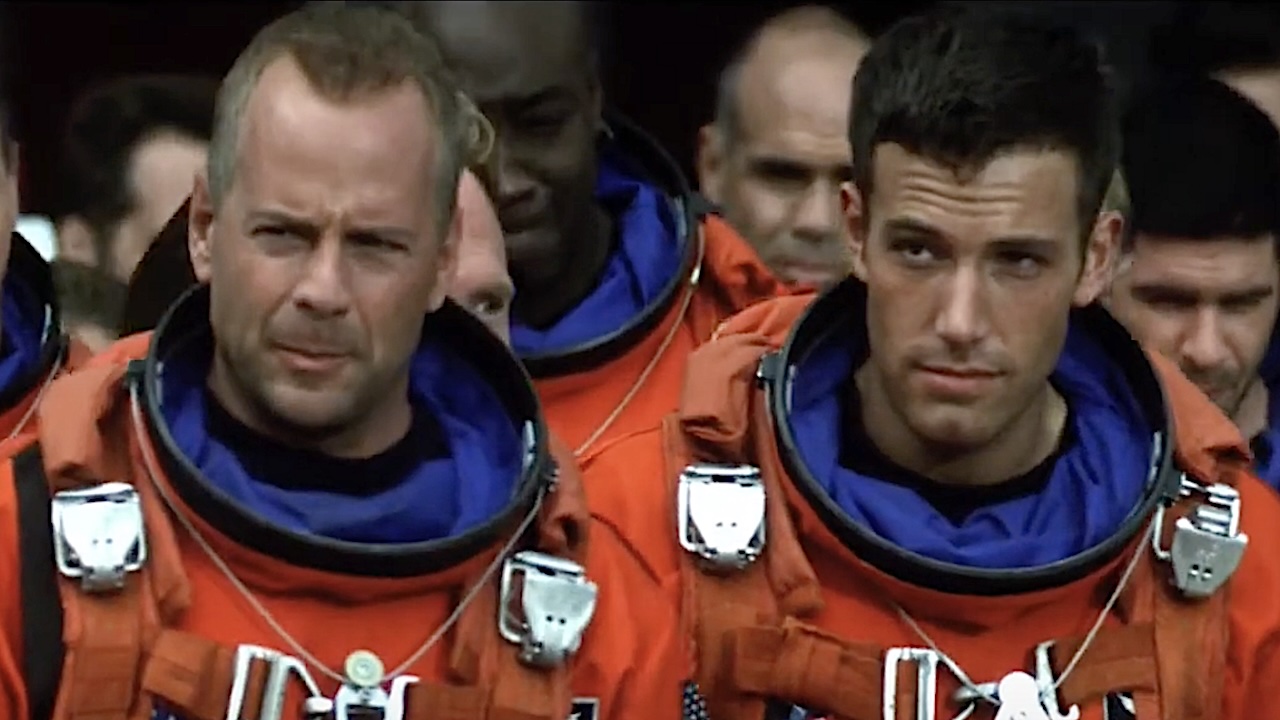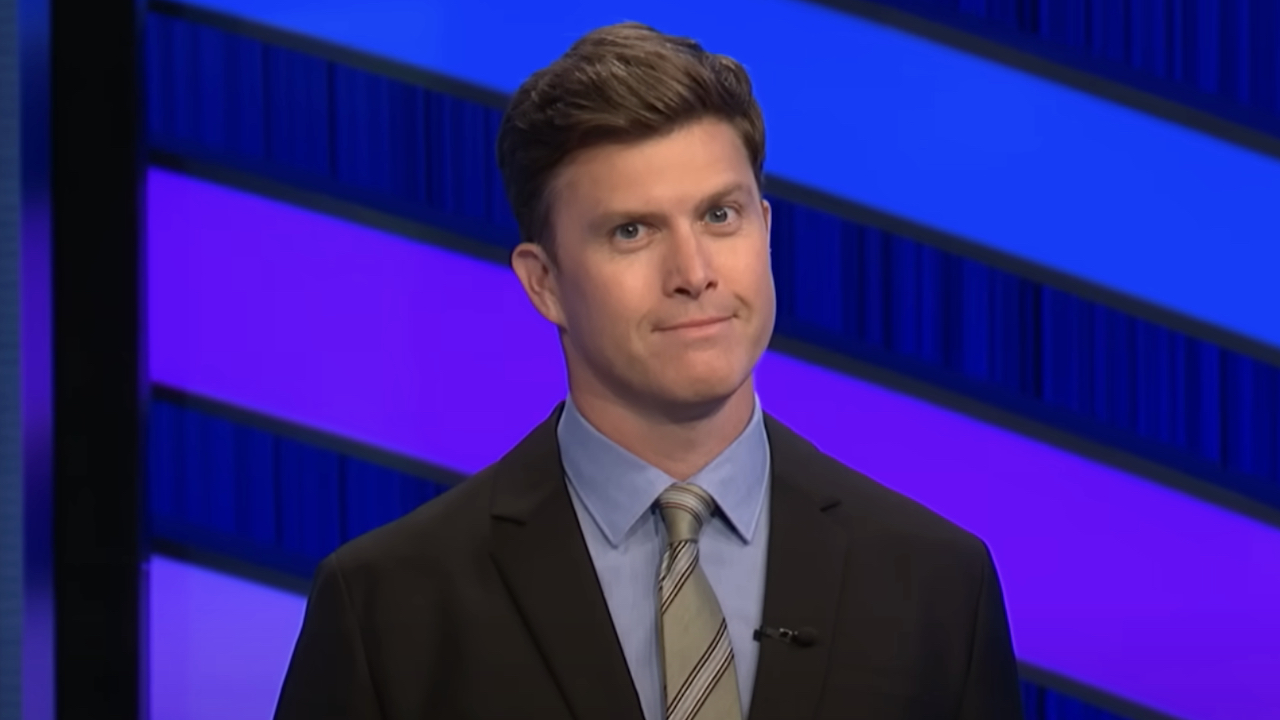Six Big Things The New Magnificent Seven Did Better Than The Original
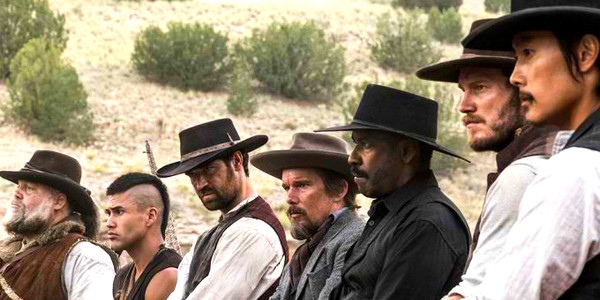
John Sturges' The Magnificent Seven is a legitimate classic. It's one of the best westerns of all time, with a fantastic cast. Remaking it was going to be an uphill battle for Antoine Fuqua. Whether or not he succeeded, on the whole, is likely a question only time can answer. However, the original film, while great, is not perfect.
There are a few places where the new Magnificent Seven actually is able to improve on its predecessor. With the benefit of hindsight, Fuqua was able to change the things that didn't work in order to make the ensemble fit together a bit better. Here are the places where the remake actually surpasses the original. The following contains spoilers, naturally. You have been warned!
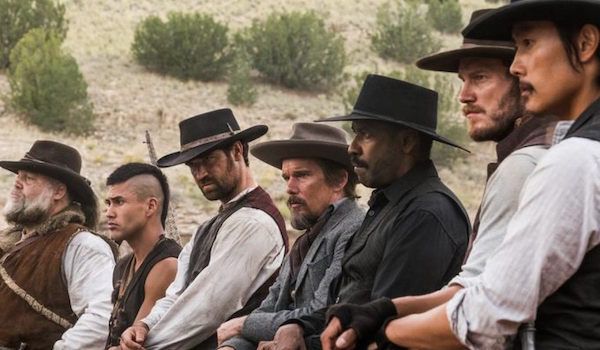
A More Diverse Ensemble Cast
The first one is sort of obvious. While the bulk of the action in the original film took place in Mexico, the vast majority of the lead actors were white. This includes New York-born, Jewish Eli Wallach playing the lead Mexican outlaw Calvera, and a German-born actor playing a guy named Chico. While the transplanting of the story to a location north of the border meant that most of the side characters were white rather than Hispanic, the leads were much more diverse. This isn't simply window dressing. The diverse character backgrounds make for a much more interesting team of seven.
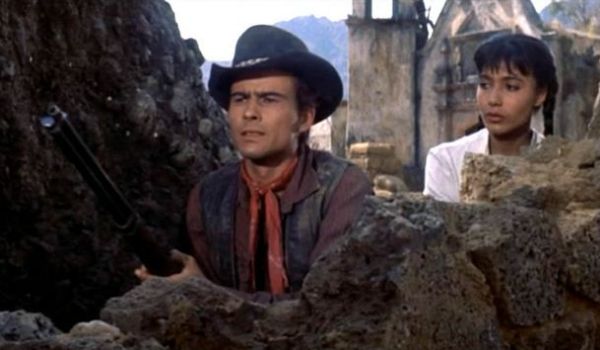
No Useless Love Story
Both films only have one major female role of note. In the remake, it's Haley Bennett as the woman whose husband was killed by the villains. This is a far cry better than the role of Petra, a Mexican woman who is inserted in the latter part of the film only to be the object of affection of one of the Magnificent Seven. The subplot doesn't need to be in the movie, and the remake is better and more streamlined without it. Not every film needs romance. It felt unnecessary then, and it turns out it was, because without this subplot, the new movie is only better.
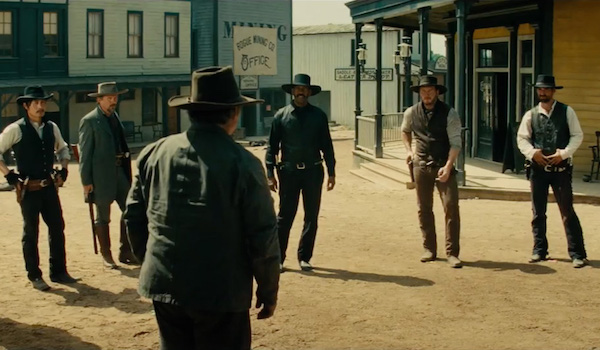
Much Better Pacing
The original Magnificent Seven is great, but it's a very slow burn. While both films have about the same number of major gunfight scenes, the original makes you wait a bit longer for them. When the Magnificent Seven arrive in town in the original, it is deserted, but in the remake, there are several of Bogue's men who have been left behind. This leads to the first major battle occurring earlier in the film. It sets up our heroes as a force to be reckoned with, but it also puts them on a clock. In the original film, everybody takes their time because they don't know when the battle will come. This change makes the new movie feel more pressing.
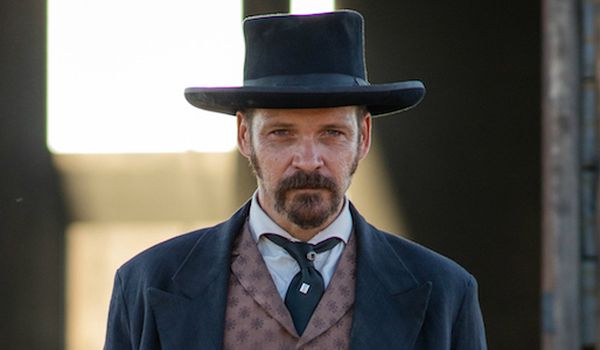
The Villain Has A Better Motive
Peter Sarsgaard's Bartholomew Bogue is not going to go down in the annals of the great western movie villains. However, Eli Wallach's Calvera is ultimately just a generic outlaw whose only motive for terrorizing this town is because it is there. For Bogue, this town has value. He's just as cold blooded as Calvera, but that nature is mixed with a belief that he isn't just better than the townspeople, but that the fact that he's superior makes him right (in his mind). Calvera shears the sheep because he can. Bogue does it because it's his right.
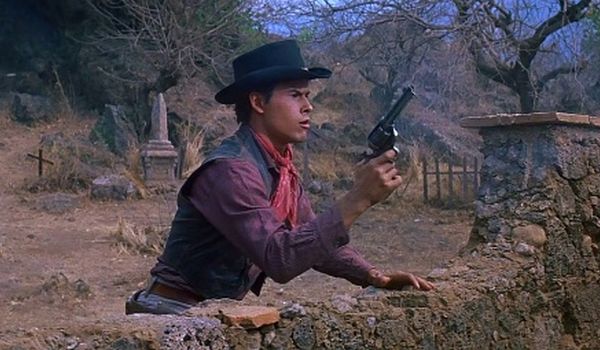
No Chico
Chico was annoying. Chico was the "young punk" character in the original Magnificent Seven. He's got one of the largest roles in the film and, to be honest, there's no good reason for it. He's mostly just a puppy who is looking to his betters for approval. He's a terrible gunfighter. There's no justifiable reason for him being included on the team, and yet, there he is. Not only is Chico not a character in the remake, there's no analogue for him either. There's no young, annoying character who's likely to get himself killed. Everybody in the remake is a mature adult, and it's better for it.
CINEMABLEND NEWSLETTER
Your Daily Blend of Entertainment News
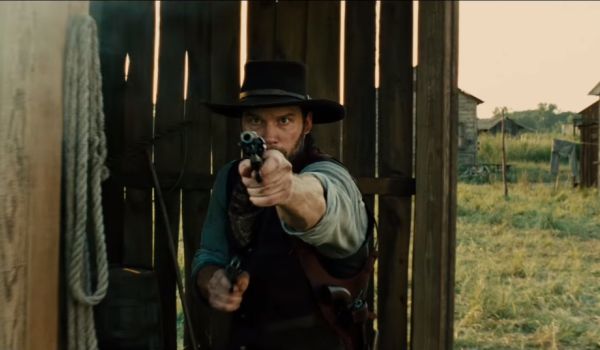
The Survivors Are A Surprise
Do you want to guess who survives the original Magnificent Seven? It's easy, watch the movie for five minutes. The three largest roles, the biggest characters, are the ones who make it out, and everybody else dies. It's predictable, which makes the climactic battle fairly predictable. Antoine Fuqua gives most of his new characters enough time on screen that you get to know them, and like them. It doesn't feel like there are minor characters. It makes the eventual finale unpredictable, and likely a little bit upsetting, as somebody you like probably will not make it out alive.
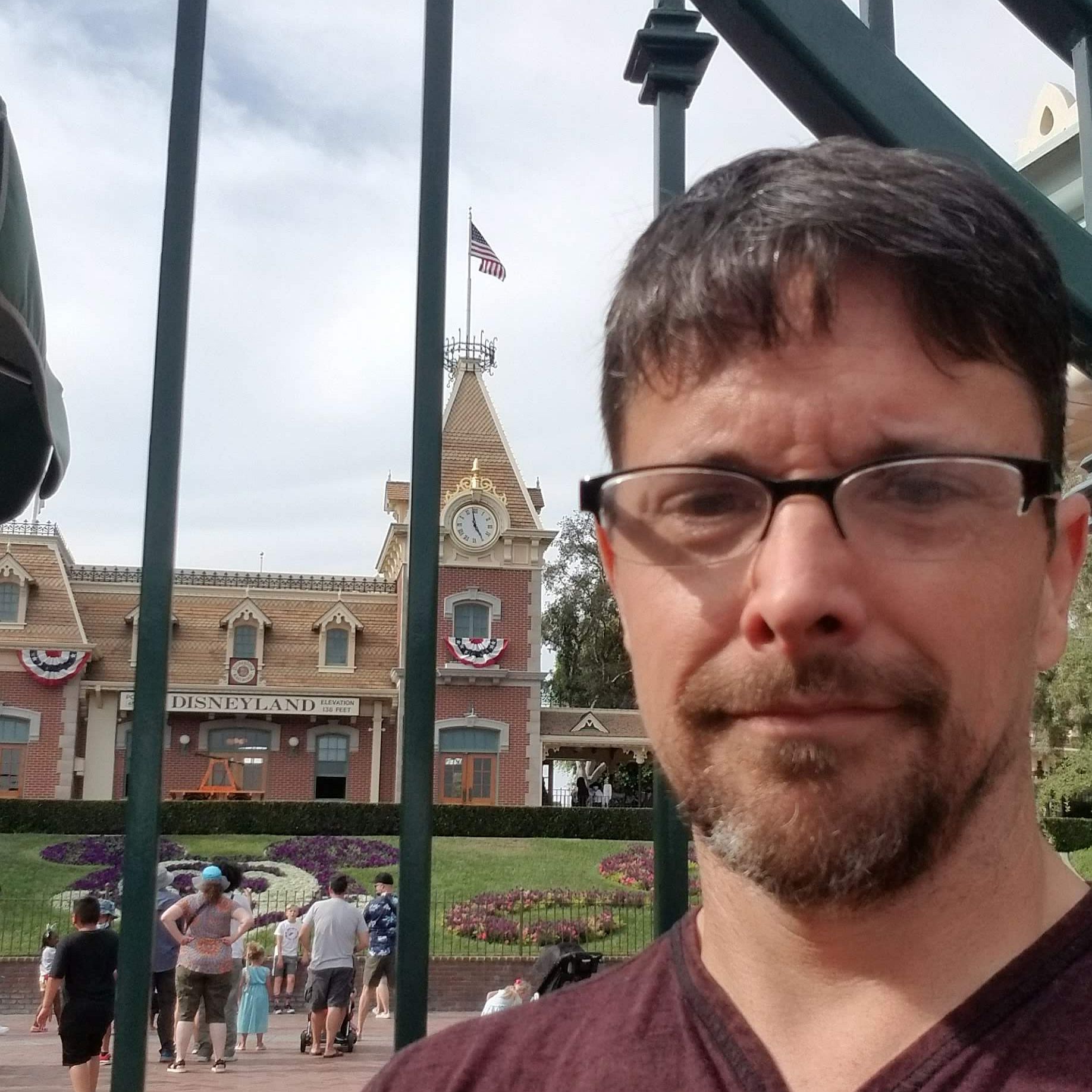
CinemaBlend’s resident theme park junkie and amateur Disney historian, Dirk began writing for CinemaBlend as a freelancer in 2015 before joining the site full-time in 2018. He has previously held positions as a Staff Writer and Games Editor, but has more recently transformed his true passion into his job as the head of the site's Theme Park section. He has previously done freelance work for various gaming and technology sites. Prior to starting his second career as a writer he worked for 12 years in sales for various companies within the consumer electronics industry. He has a degree in political science from the University of California, Davis. Is an armchair Imagineer, Epcot Stan, Future Club 33 Member.
